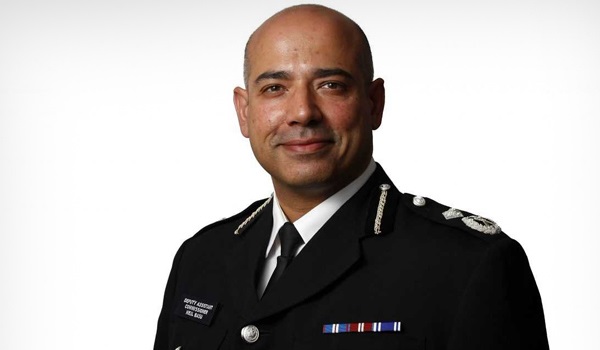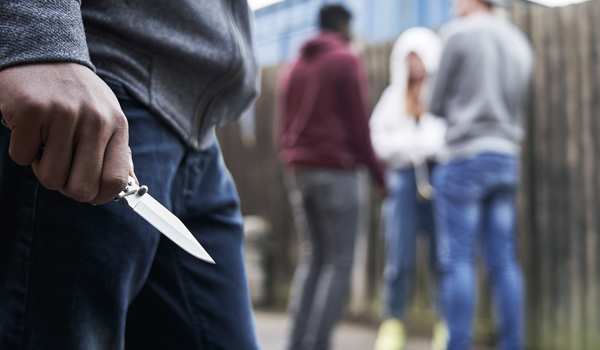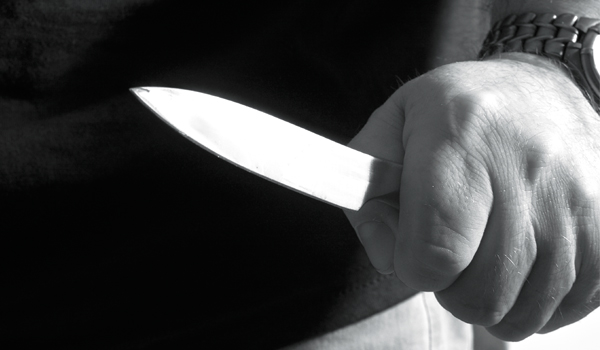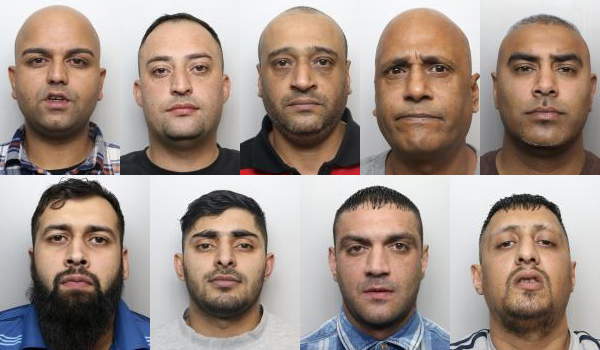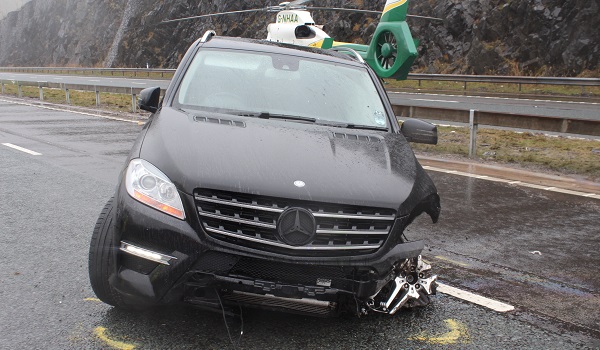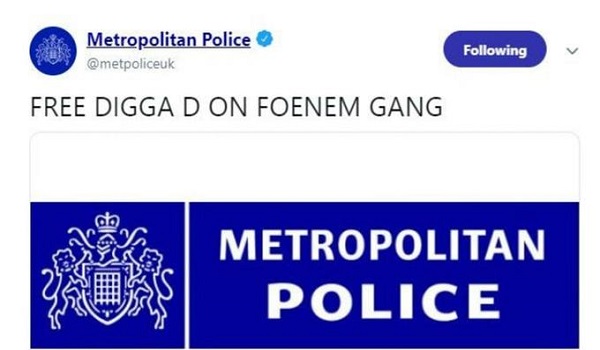Novichok poisonings being separate incidents ‘implausible’, claims counter-terror lead
One of the victims of the Amesbury Novichok poisoning has regained consciousness.
Charlie Rowley, 45, is recovering in hospital more than a week after encountering the lethal nerve agent around Salisbury.
His partner, 44-year-old Dawn Sturgess, was also exposed to the substance and died on Sunday (July 8).
The investigation into the poisoning is ongoing as counter-terror officers from the Metropolitan Police Service continue to search for how the victims came to be contaminated.
Although the force has not been able to definitively link the Novichok to the same batch used to poison Sergei and Yulia Skripal in Salisbury in March, it now claims it is unlikely that they were separate.
Assistant Commissioner Neil Basu, national lead for counter terrorism, said: “At this stage, we cannot say with certainty that both the incident in March and this latest incident are linked. Clearly, this is our main line of enquiry, but our investigation must be led by the evidence available and the facts alone.
“I would need a forensic link to be definitive, but this is a very rare substance banned by the international community and for there to be two separate distinct incidents in one, small English county is implausible to say the least.
“That said, scientists at the Defence, Science and Technology Laboratory at Porton Down… will work hard to establish if the nerve agents from the two incidents are from the same batch, but as with any police investigation, we cannot make assumptions and we have to follow where the evidence takes us.”
Paramedics were called to a property in Amesbury on June 30 when Ms Sturgess and Mr Rowley fell ill.
The pair were initially thought to have taken a contaminated batch of drugs but testing at the Government’s Porton Down laboratory revealed they had both been exposed to Novichok.
Detectives currently believe they encountered the substance by handling a container it had been stored in.
The poisoning occurred just months after Mr Skripal, a former Russian intelligence officer, and his daughter were both taken critically ill after being exposed to Novichok in Salisbury, nine miles from where Ms Sturgess and Mr Rowley lived.
Both Mr and Ms Skripal have since recovered from their injuries, as has Wiltshire Police’s Detective Sergeant Nick Bailey, who also came into contact with Novichok during the initial investigation.
Officers are still conducting proactive searches at a number of locations Mr Rowley and Ms Sturgess are known to have visited in Salisbury.
A bus that they travelled on has been tested and no trace of Novichok was found. A van Mr Rowley was in is still being examined but four other passengers have shown no symptoms of poisoning.
Chief Constable Kier Pritchard said he was “very grateful” for the public support for officers working to secure and investigate the sites.
He added: “This outpouring of public support has been greatly appreciated by officers and staff across the county and officers from other forces who are providing mutual aid.
“We are very aware of the high level of public interest in this investigation and the concern it is understandably causing within our communities.”
Paul Cosford, of Public Health England, said: “We are working closely with the police and other partners and we keep our advice continually under review as new evidence emerges.
“We have not seen any further cases of illness since Dawn and Charlie became unwell and anyone with significant exposure would be very sick by now.”


